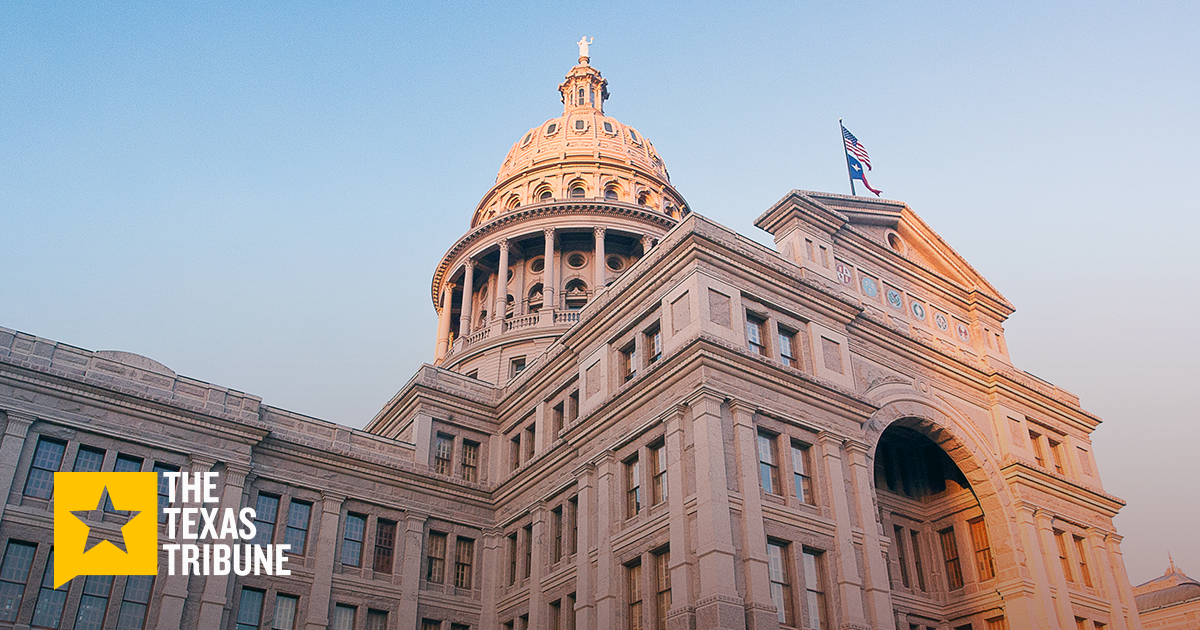Starting a small cash-pay private practice, seeing pts both virtually and in-person. I'm renting an office two days a week, located in a fancy high-rise building in a very urban HCOL town. In residency (where I saw mostly medicaid) and in some county clinics/hospitals I've worked out, I had either panic buttons in the office I worked in, or carried around a panic button thing (inpatient). I know I'll be seeing a different clientele in my private practice, but it still makes me a little nervous. There are lots of other people in the building I'm in, but it's one of those high-rise kinda things. There is security downstairs mainly probably just to keep high and homeless people from waltzing in; not sure how connected they are to every individual office (though I'm going to talk to them about this next week).
Anything that people recommend in this situation? I was looking at the Ring doorbell panic buttons, thought something like that might work?
Appreciate any thoughts re safety in solo private practice operations.
Anything that people recommend in this situation? I was looking at the Ring doorbell panic buttons, thought something like that might work?
Appreciate any thoughts re safety in solo private practice operations.


